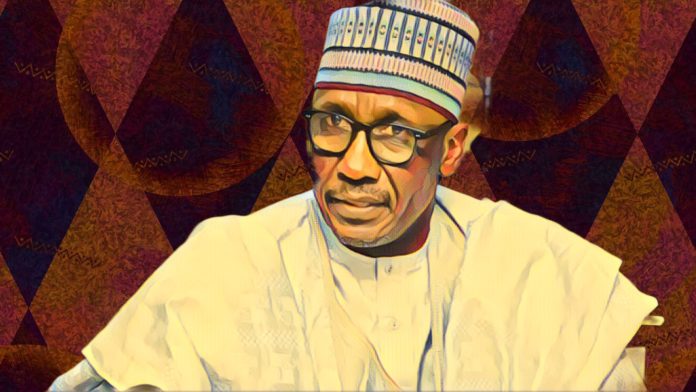The Federal Government of Nigeria has taken a significant step by initiating plans to hire external auditors to examine the Nigerian National Petroleum Company Limited’s (NNPC) N2.7 trillion fuel subsidy claim. This decision comes after months of discussions and debates over the exact amount the government owes NNPC. The move is seen as an effort to ensure transparency and accountability in the country’s subsidy regime.
The decision to engage external auditors was proposed five months ago during a Federation Allocation Accounts Committee (FAAC) meeting in April 2024. At the time, it was decided that a thorough audit would help clarify the disputed figures. The Office of the Auditor-General of the Federation will be supported by the new external auditors in determining the actual amount owed to NNPC. The aim is to authenticate the subsidy claims and bring clarity to the ongoing debate.
Originally, NNPC claimed it was owed N6 trillion for fuel subsidies but this amount was reduced to N2.7 trillion after an initial review by KPMG, a well-known audit firm. Despite this reduction, the issue remains contentious, with questions about the accuracy of the figures and the need for further scrutiny. The upcoming audit is expected to cover the period from 2015 to 2021, focusing on subsidy payments and the financial transactions involved.
The push for external auditing comes amid ongoing discussions within the government and among stakeholders about the best approach to manage and verify subsidy claims. The Director of Home Finance at the Ministry of Finance, Ali Mohammed, has regularly provided updates on the situation at each FAAC meeting. However, the latest development indicates that little progress has been made in actually auditing the claims. The decision to bring in external auditors suggests a renewed commitment to addressing the issue comprehensively.
Back in May 2023, shortly after President Bola Tinubu’s declaration that the “subsidy is gone,” Mele Kyari, the NNPC Group Chief Executive Officer, stated that the Federal Government still owed the company N2.8 trillion for fuel subsidies. Kyari explained that NNPC had been covering the cost of the subsidies from its own cash flow, as the government had not been able to repay the N2.8 trillion. “Since the provision of the N6 trillion in 2022 and N3.7 trillion in 2023, we have not received any payment from the Federation,” Kyari said. He emphasized that this situation was unsustainable, stating, “We are waiting for them to settle up to N2.8 trillion of NNPC’s cash flow from the subsidy regime and we can’t continue to build this.”
The lack of clarity and ongoing delays in addressing the subsidy payments have raised concerns about financial management and oversight within the government. A recent FAAC meeting in Abuja revealed that the procurement department of the Ministry of Finance has begun the process of selecting an external auditor to assist in the comprehensive review. This move is seen as a critical step toward resolving the issue, ensuring that all claims are properly verified and accounted for.
The minutes from the FAAC meeting, obtained by reporters, outlined the ongoing efforts to engage an external auditor. The document stated, “On the forensic audit covering the period 2015 to 2021 to authenticate NNPC/Federation claims in respect of N2.7 trillion withheld by NNPC Limited, the Director of Home Finance reported that the Office of the Auditor-General of the Federation was still working on the matter. The Procurement Department of the Ministry had also put structures in place for the engagement of an external auditor, who would assist OAuGF to carry out the assignment.”
The Chairman of the Commissioners’ Forum/HCF from Ekiti State suggested extending the audit review period to December 2023, given that the audit has yet to commence. This recommendation aims to ensure that the audit covers a more comprehensive period, capturing all relevant transactions. Additionally, Lydia Jafiya, the Permanent Secretary of Finance, proposed limiting the scope of the audit to cover only the period from 2021 to June 2022. This was when NNPC was transitioning from a government corporation to a Limited Liability Company, a change that may have impacted its financial practices and reporting.
There is a general consensus among stakeholders that the audit should be thorough and cover all relevant periods to provide a clear picture of the subsidy payments and the actual amounts owed. The suggestions from both the Commissioners’ Forum and the Permanent Secretary highlight the need for a balanced approach that captures the full scope of the financial transactions while ensuring the audit is focused and effective.
Wale Edun, the Minister of Finance and Coordinating Minister of the Economy, acknowledged the contributions from various members on the issue. He expressed optimism that the audit exercise would be conducted swiftly and efficiently. Edun’s remarks reflect a broader desire within the government to resolve the subsidy payment issue and restore confidence in the country’s financial management systems.



